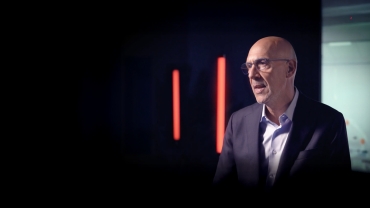
Annual Report archive
You can download previous versions of the Annual Report and Transparency Report below. To obtain a hard copy of any of the editions, please contact our publications office on +44 (0) 20 7212 4999.
- 2015 Annual Report - Financial Statements
- 2015 UK Transparency Report
- 2014 Annual Report - View / print now
- 2014 UK Transparency Report - View / print now
- List of public interest entities - 2014
- 2013 Annual Report - View / print now (2.53mb PDF)
- 2013 UK Transparency Report - View / print now (1.89mb PDF)
- 2013 UK Transparency Report Appendix A - Public interest entities - View / print now (0.20mb PDF)
- 2012 Annual Report - View / print now (2.66mb PDF)
- 2012 UK Transparency Report - View / print now (1.45mb PDF)
- 2012 UK Transparency Report Appendix A - Public interest entities - View / print now (0.25mb PDF)
- 2011 Annual Report - View / print now (2.66mb PDF)
- 2011 UK Transparency Report - View / print now (1.5mb PDF)
- 2010 Annual Report - View / print now (2.1mb PDF)
- 2010 UK Transparency Report - View / print now (2.1mb PDF)
- 2009 Annual Report - View / print now (2.1mb PDF)
- 2009 UK Transparency Report - View / print now (2.1mb PDF)
- View / print now 2008 Annual Report(2.5mb PDF)
- View / print now 2007 Annual Report(1.3mb PDF)
- View / print now 2006 Annual Report (1.3mb PDF)
- View / print now 2005 Annual Report (1.3mb PDF)
- View / print now 2004 Annual Report (3.1mb PDF)
- View / print now 2003 Annual Report (3.7mb PDF)







